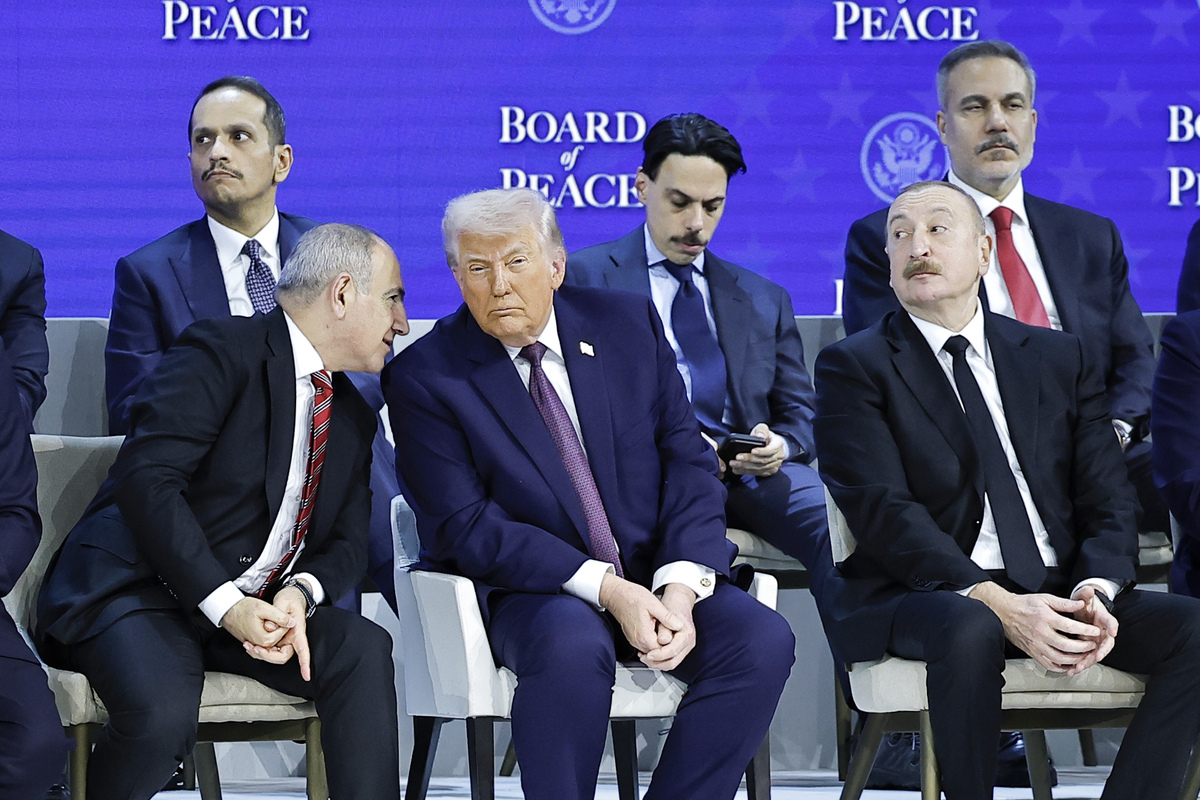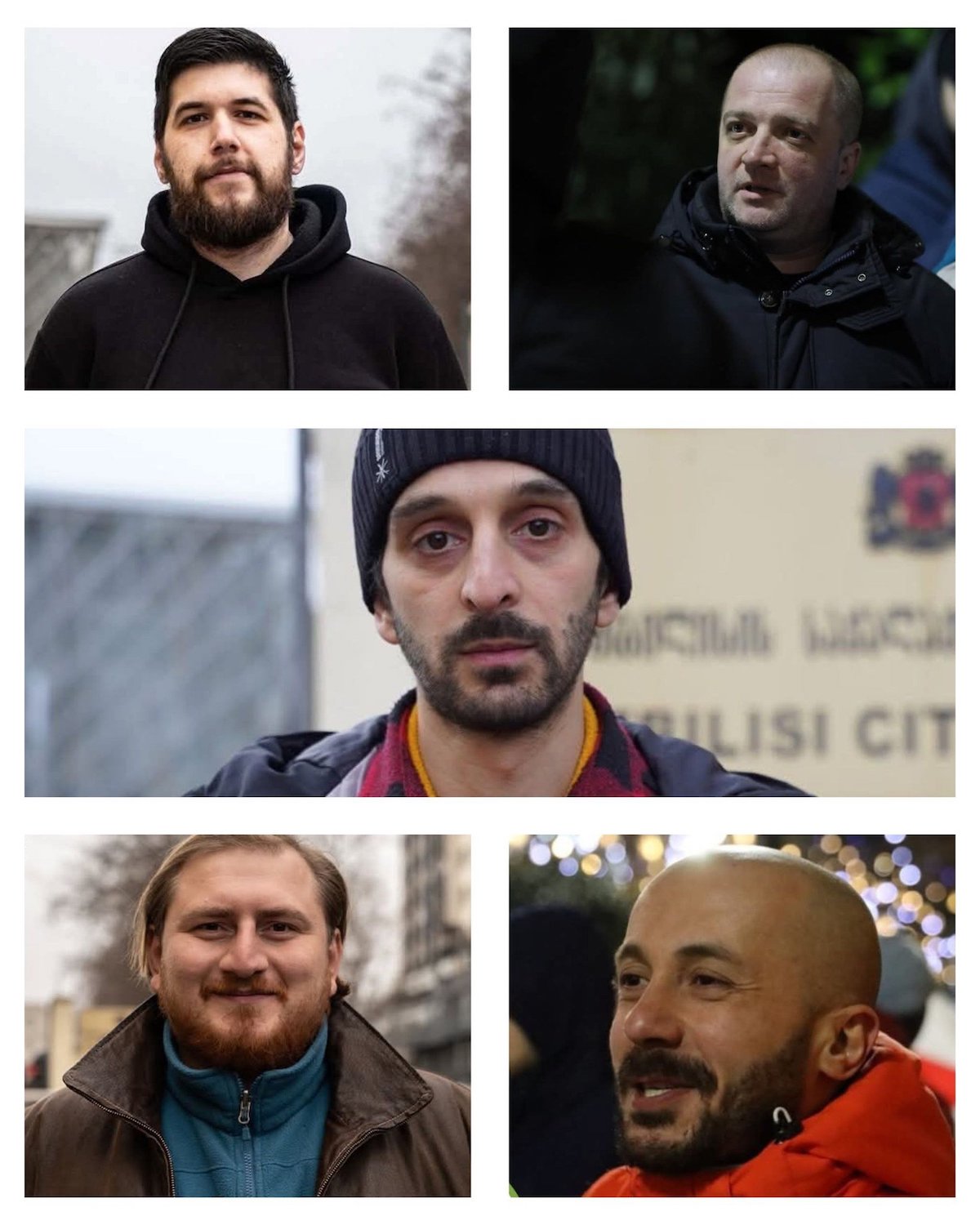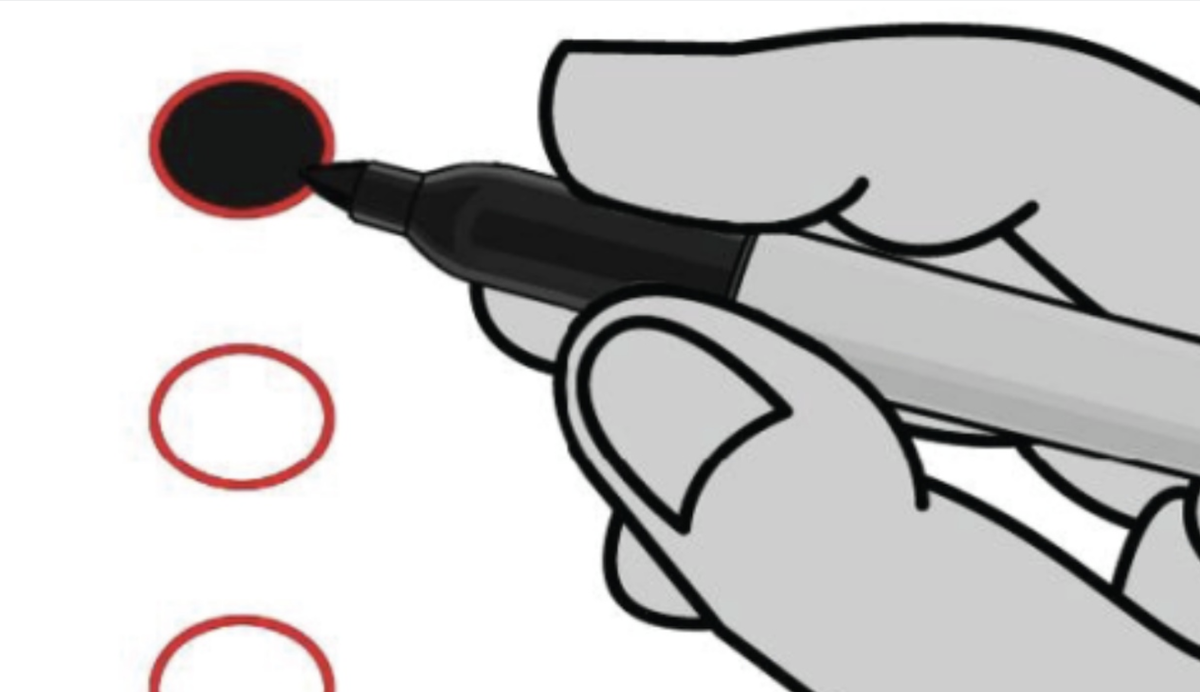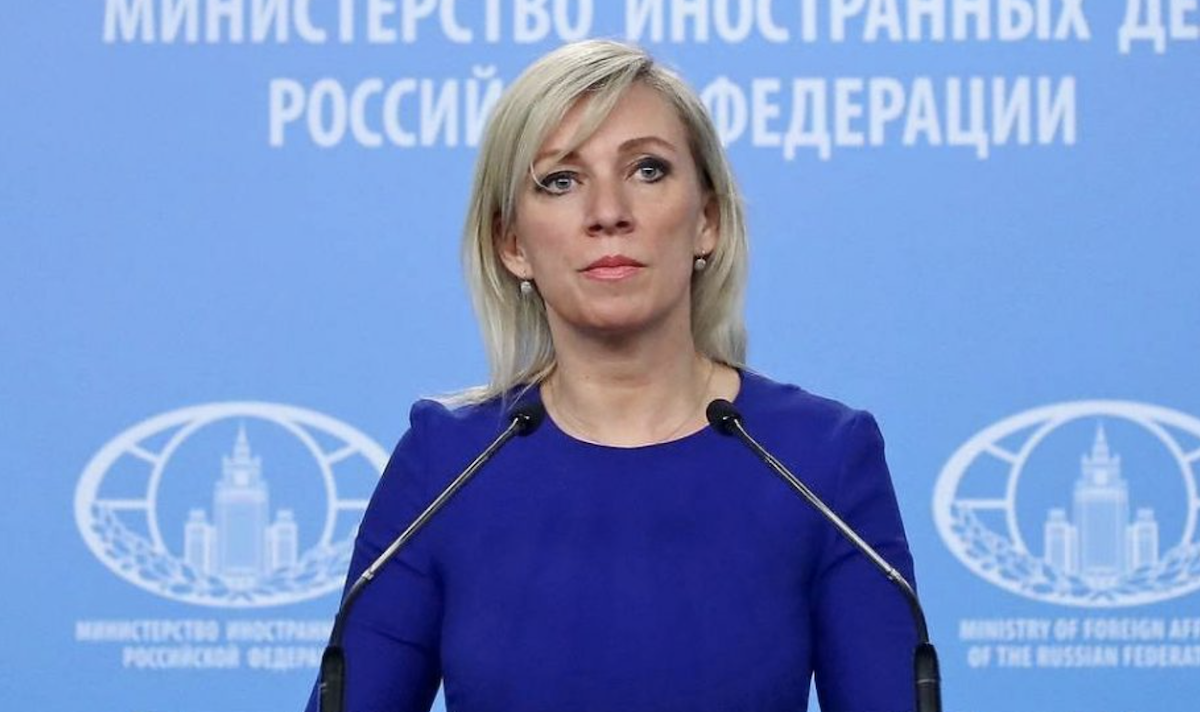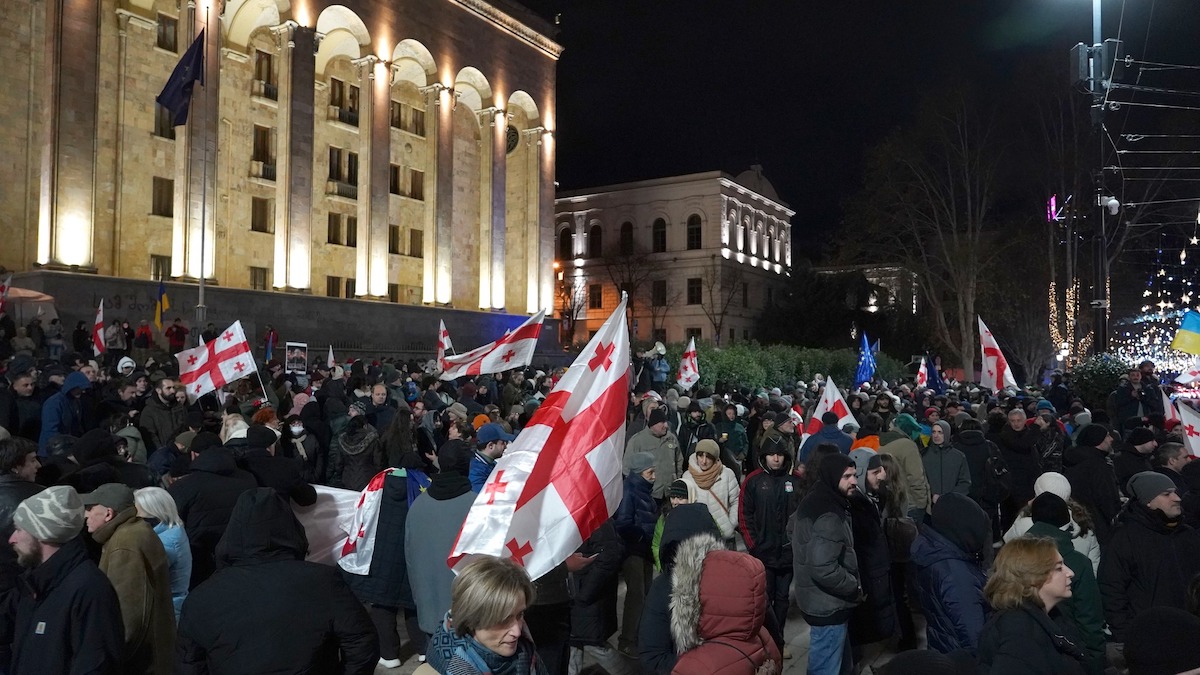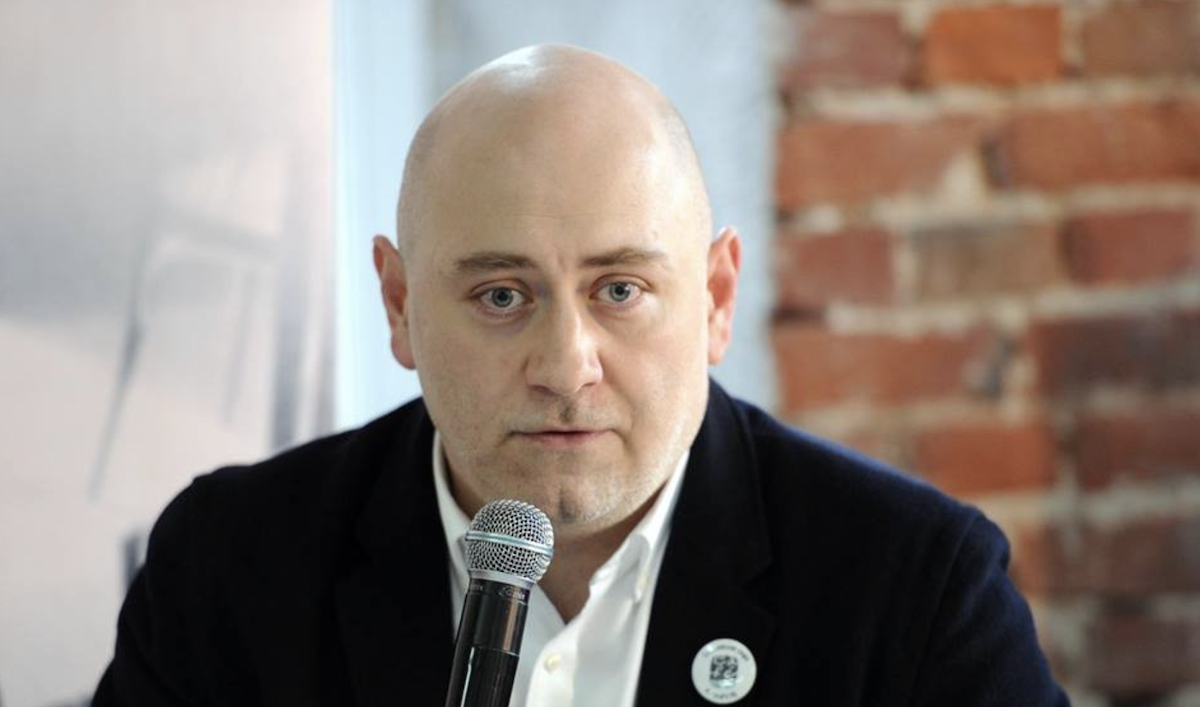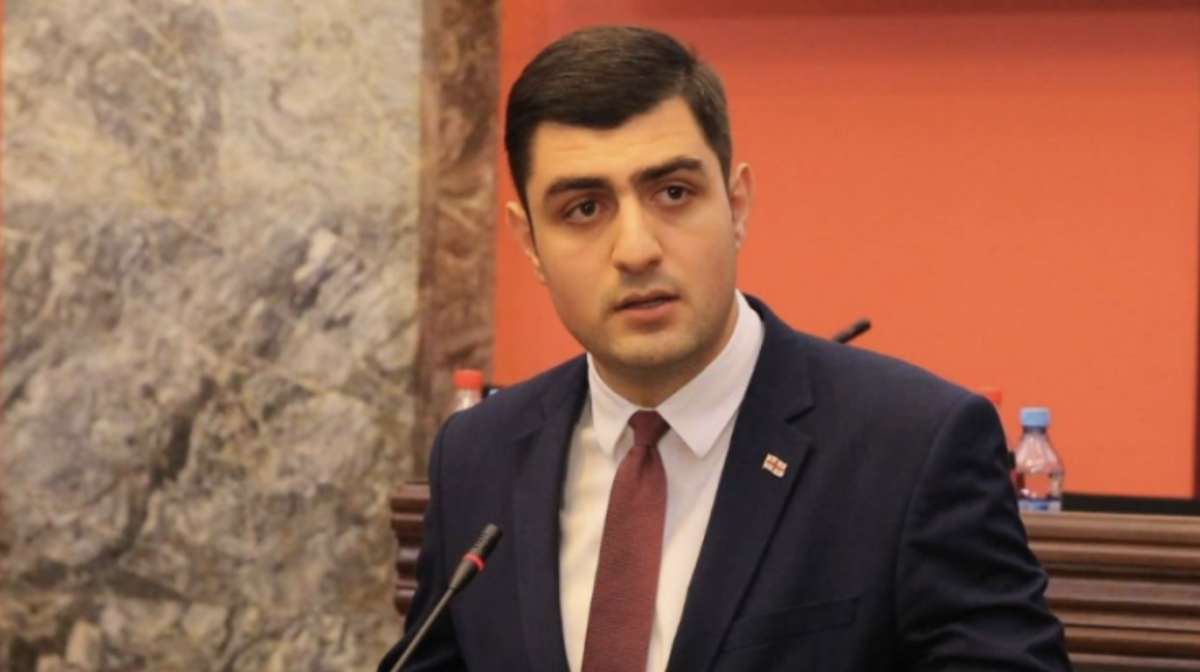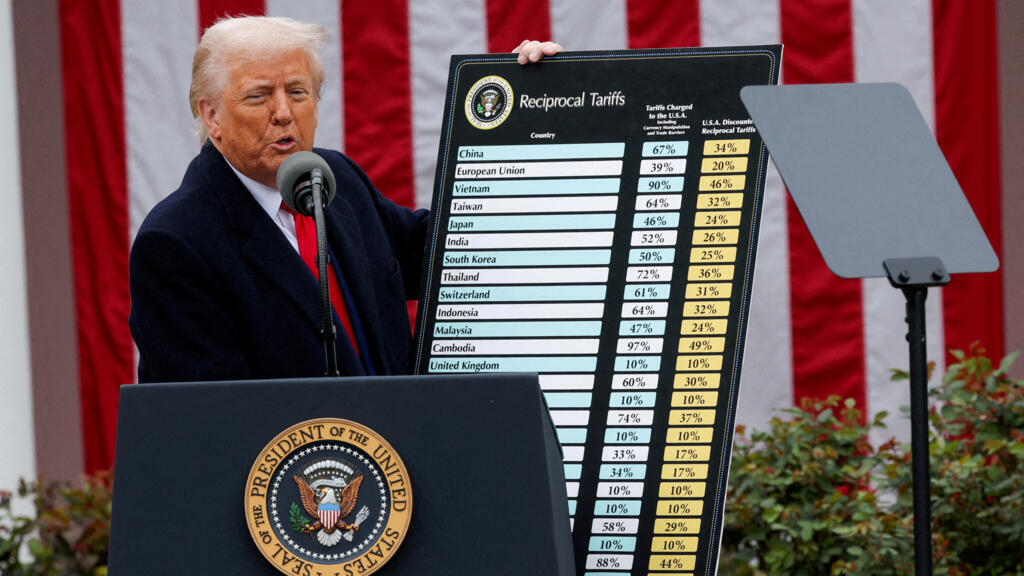Franco-Azerbaijani Relations: New Caledonia, “Baku Initiative Group,” and Energy Diplomacy
Azerbaijan: Fuels and Dictatorship
Against the backdrop of allegations made in the ARTE documentary “Azerbaijan: Fossil Fuels and Dictatorship” about Baku’s interference in France’s internal affairs, relations between the two countries have grown both closer and more strained.
The joint Franco-German broadcaster ARTE, in its latest episode, noted that Azerbaijan is pursuing an active policy not only in the energy sphere but also seeks to exert political influence on distant French territories — particularly in New Caledonia.
The episode of “Mapping the World” offered a critical look at both Azerbaijan’s domestic political system and its growing diplomatic ambitions abroad.
ARTE described Azerbaijan as “a highly centralised political system built on oil and gas revenues,” noting that its energy resources have become a tool not only for economic stability but also for political leverage.
- While oil and gas exports have strengthened Azerbaijan’s regional position, energy revenues have done little to foster democratic institutions at home.
- The programme stresses that Azerbaijani authorities continue to restrict press freedom and exert pressure on opposition figures and civil activists.
- It also introduces the concept of “digital destabilisation,” claiming that the government uses technological tools to monitor and influence public opinion.
- Events in Nagorno-Karabakh are described as “ethnic cleansing,” with specific reference to the mass exodus of the region’s Armenian population.
ARTE and debates in French media
The programme notes that Azerbaijan’s rhetoric of decolonisation has turned into an ideological tool to exert influence over France’s overseas territories — a tendency that, according to French analysts, was evident during the events in New Caledonia.
Following the May 2024 riots in the French territory of New Caledonia, the French government accused Azerbaijan of “interference in domestic affairs and conducting a disinformation campaign.” Interior Minister Gérald Darmanin stated that “Azerbaijan is using social media to support pro-independence activists and to put pressure on French sovereignty.”
A report by the French monitoring agency Viginum said that “Azerbaijan-linked accounts” portrayed the New Caledonian protests as a “liberation movement against France’s imperial policy.”
The signing of a cooperation memorandum between the Speaker of Azerbaijan’s National Assembly, Sahiba Gafarova, and New Caledonian MP Omayra Naisseline in April 2024 sparked controversy in the French media. However, in October, the newly elected parliament of New Caledonia declared the memorandum null and void.
The Azerbaijani government rejected all accusations as “unfounded.” The Ministry of Foreign Affairs said in a statement: “Azerbaijan has no intention of interfering in the internal affairs of any country. The allegations being spread are a form of political manipulation.”
Diplomatic revenge under the slogan of “decolonization”: Azerbaijan’s policy in New Caledonia
In Azerbaijan, a French graffiti artist has been sentenced to three years in prison
New details have emerged regarding “the French spy network” in Azerbaijan
The “Baku Initiative Group” as an Ideological and Diplomatic Tool
The “Baku Initiative Group,” frequently mentioned in connection with New Caledonia, was established in the summer of 2023 during an international conference in Baku titled “Ideologies and Realities of Colonialism.”
According to its organizers, the group’s purpose is to “bring the voices of peoples from overseas territories administered by France to the international community.” Representatives from Martinique, Guadeloupe, French Polynesia, and New Caledonia have participated in its events.
French experts, however, view the initiative as a mechanism of ideological influence. A report by the Institut Montaigne think tank notes that “Azerbaijan is turning the rhetoric of decolonization into an instrument of diplomatic pressure, particularly in response to the growing rapprochement between France and Armenia.”
At the same time, some analysts describe the Baku Initiative Group as part of Azerbaijan’s ‘soft power’ strategy — an attempt to shape an alternative diplomatic discourse that challenges the West’s postcolonial narrative.
Paradox of Franco-Azerbaijani Relations: Diplomatic Thaw and Strategic Tension
Despite growing tensions linked to the New Caledonia crisis, recent months have seen continued dialogue between the leaders of France and Azerbaijan.
On 2 October, during the European Political Community summit in Copenhagen, Presidents Ilham Aliyev and Emmanuel Macron held a bilateral meeting. The two leaders discussed the regional peace process, energy cooperation, and preparations for COP29.
Macron congratulated Aliyev on the progress of talks with Armenia and underlined the “importance of the energy partnership between Europe and Azerbaijan.” In Parisian diplomatic circles, the meeting was interpreted as “another sign of warming relations.” However, observers noted that it reflects more of a “diplomacy of balance” — an effort to maintain cooperation despite strategic disagreements.
At the same time, Aliyev has repeatedly criticised the French government for its “colonial legacy.” The Azerbaijani president argued that “France, by suppressing aspirations for freedom in New Caledonia and other overseas territories, has yet to rid itself of colonial thinking.”
These statements suggest that relations between Paris and Baku are entering a “warm but fragile” phase.
Energy diplomacy and mutual dependence
The backbone of economic ties between France and Azerbaijan is energy cooperation. In 2022, the European Union signed an energy memorandum with Baku aimed at reducing dependence on Russian gas.
Azerbaijan’s role as an energy supplier has strengthened its political influence in the European market in 2024–2025. However, some circles in Paris argue that “Azerbaijan uses energy diplomacy not only as an economic tool but also as a political instrument of influence.”
Context and prospects: diplomatic comeback or new ideological line?
Over the past two years, relations between France and Azerbaijan have become increasingly contradictory. On one hand, there is energy cooperation, economic benefit, and regional dialogue; on the other, an ideological confrontation framed around “colonialism” and “disinformation.”
For France, the issue touches on domestic security and sovereignty; for Azerbaijan, it is part of its international image and a component of the “postcolonial justice” discourse.
Analysts suggest that for Baku, the “Baku Initiative Group” serves both as a tool of diplomatic comeback and a new foreign policy strategy. Its activities reflect Azerbaijan’s ambition to position itself as an “alternative center of influence” within the Western-centric international order.
However, because such initiatives clash with France’s sensitivity to sovereignty issues, a new phase of ideological and informational confrontation is emerging between the two countries.
Today, Franco-Azerbaijani relations are in a phase of “critical dialogue.” While diplomatic channels remain open, it is the ideological tensions—particularly regarding New Caledonia and the Baku Initiative Group—that are likely to shape the future trajectory of relations between Paris and Baku.










